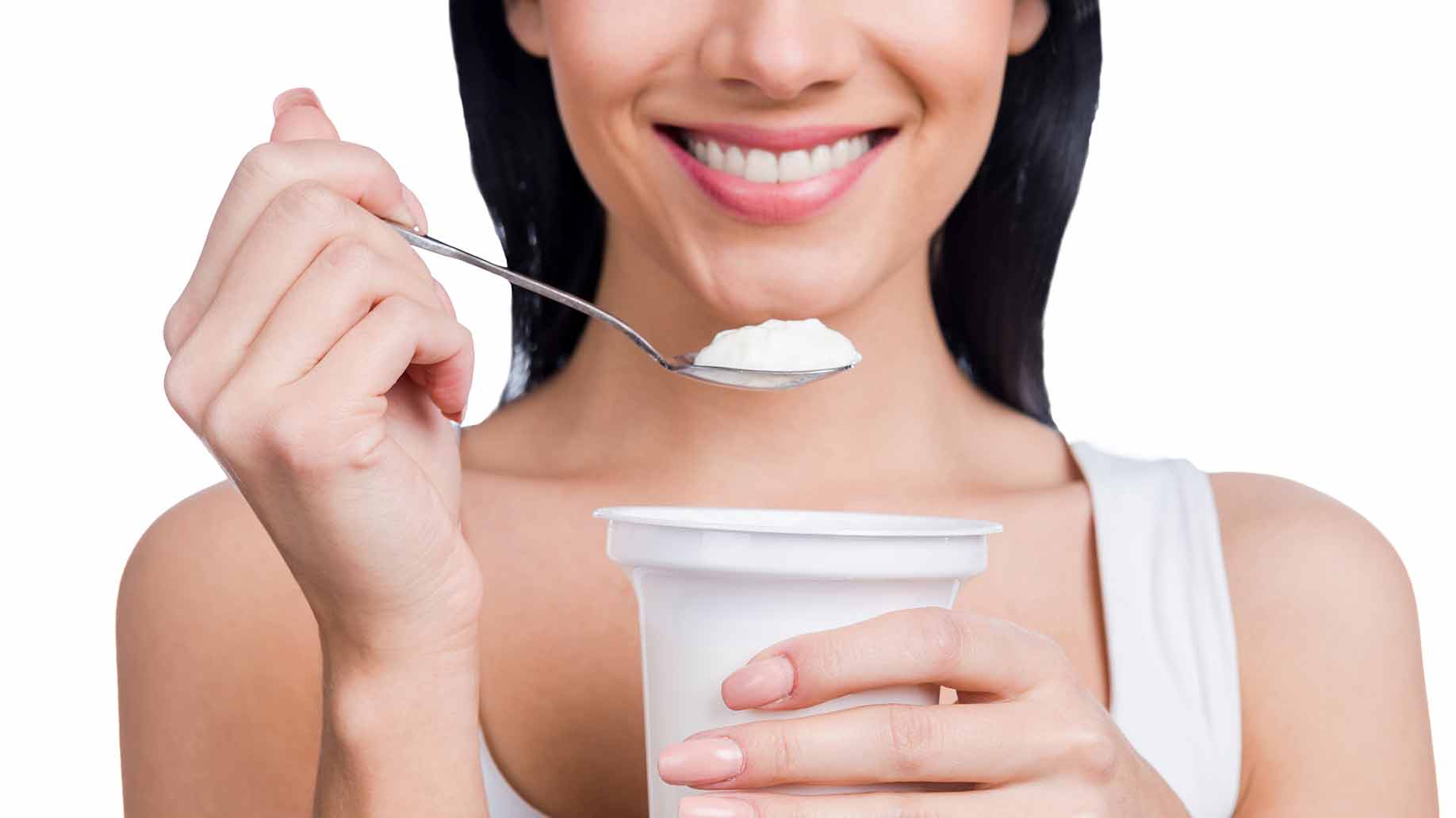
What does a healthy digestive system have to do with our overall health?
According to the National Institute of Diabetes and Digestive and Kidney Disease (NIDDK), 60-70 million Americans are affected by a digestive disease. The United States spends over $100 billion each year on digestive disorders.
Digestive diseases can lead to weakened immune systems, mental health disorders, and neurological diseases.
Other health issues that are affected by digestive disorders include thyroid imbalances, joint pain, skin disorders, chronic fatigue, autism, ADHD, and numerous other disorders.
What Are Probiotics?
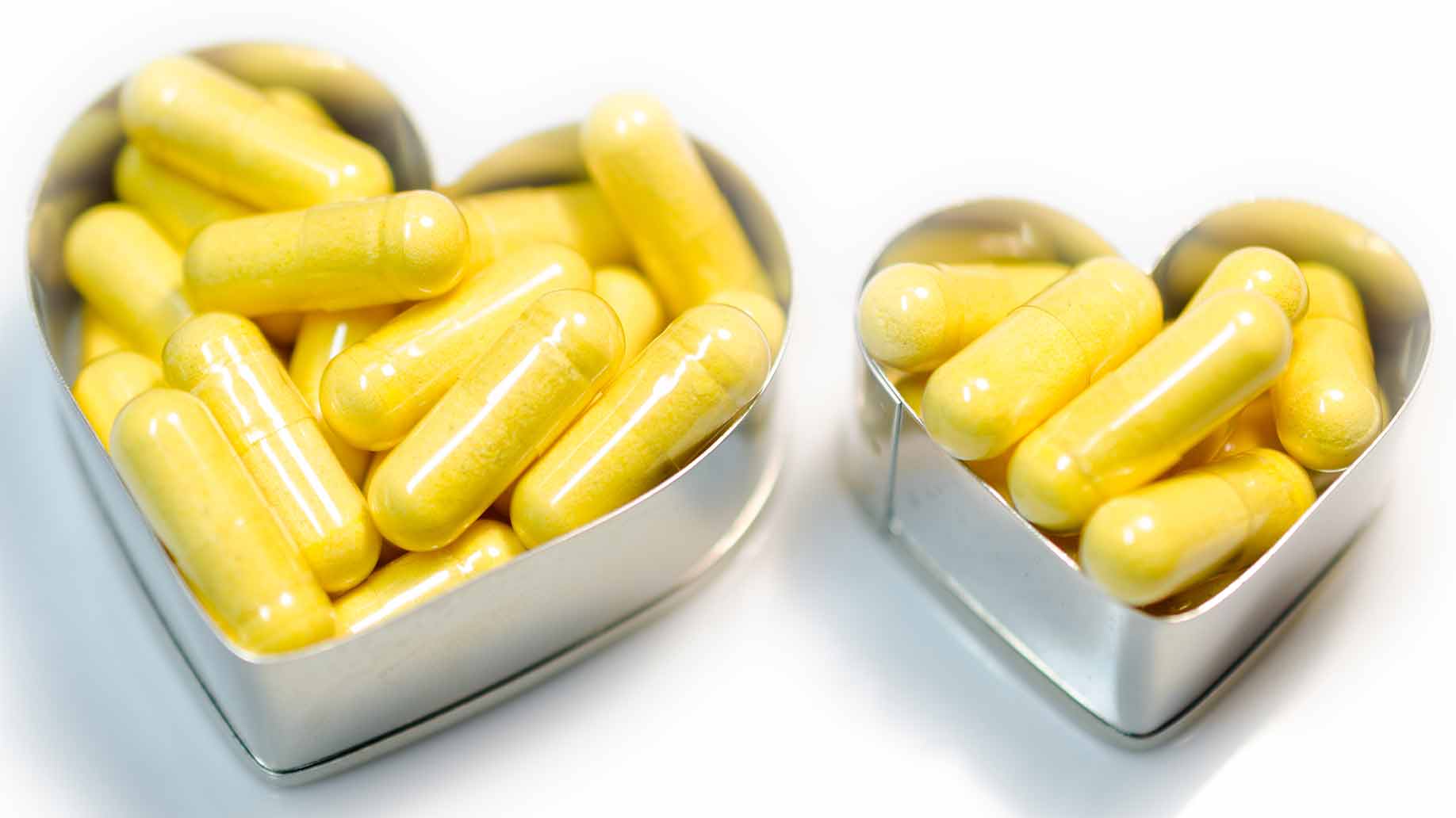
So how do probiotics fit into all of this?
Probiotics are microorganisms that are beneficial to the host that it lives in and provides numerous health benefits. Probiotics are naturally produced from bacterial fermentation and can be found in foods and supplements.
What Do Probiotics Do for You?
Microorganisms helps perform many important functions in our body. Probiotics helps to:
- Produce vitamin B-12, butyrate, and vitamin K2.
- Protect the lining of our gut, fight against harmful invaders, and keep our immune systems strong.
- Stimulate the secretion of IgA and regulatory T fighter cells.
Recommended:
Probiotics Naturally Found in Foods
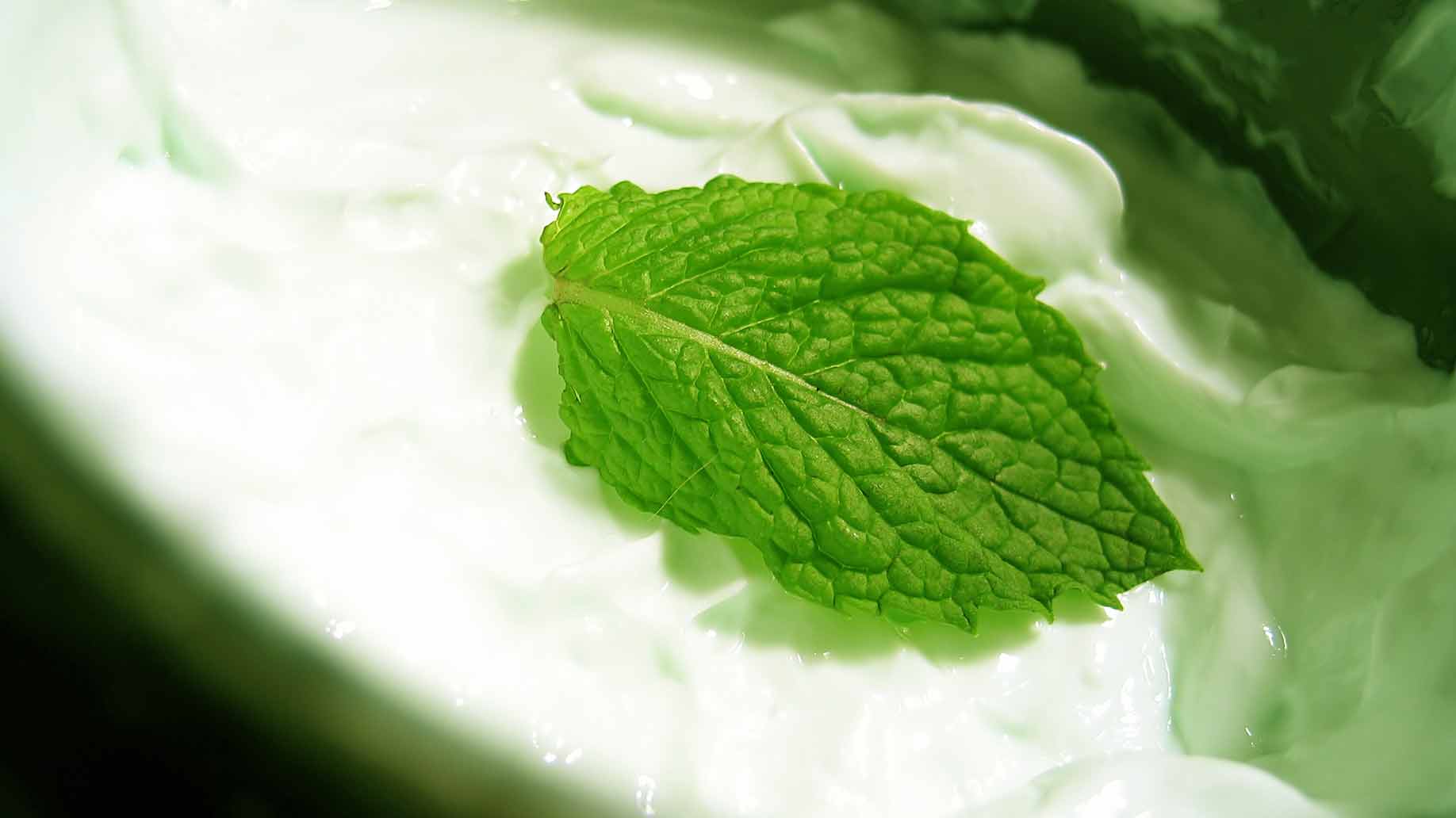
Probiotics that naturally occur in foods are most active and valuable. Some examples of naturally occurring foods are:
- Kefir — water, milk, or coconut
- Yogurt
- Sauerkraut
- Tempeh (fermented Indonesian soybeans)
- Natto (fermented Japanese soybeans)
- Kvass (fermented alcoholic Russian drink made from rye flour or malt)
- Miso (fermented Japanese soybeans)
- Kombucha (fermented sweet tea made with cultures from yeast and bacteria)
- Kimchi (fermented korean cabbage)
- Raw cheese (unpasteurized goat or sheep’s milk)
Recommended:
- Kefir – Organic, Low Fat
- Yogurt – Organic, Grass-Fed
- Sauerkraut – Organic
- Tempeh – Starter Culture
- Natto
- Kvass – Organic Drink
- Miso – Organic, Japanese
- Sweet White Miso – Organic Powder
- Kombucha Gingerade – Raw, Organic
- Kimchi – Korean, Spicy, Made Upon Order
- Goat Cheese – Raw, Unpasteurized
How Can We Prevent Probiotics From Being Wiped Out?
Everyone, including children can benefit from probiotics. A lot of times, our beneficial microbes are accidentally wiped out by systems that are intended to get rid of bad bacteria.
Some of these reasons include:
- Antibiotics — pill form, in our milk, meat, poultry, fish
- Recent surgeries
- Diarrhea — flushes out good and bad bacteria altogether
- Colon cleanses
- Excessive fiber — destroys bacterial membranes
- Protein deficiency. Protein creates mucin which is needed to create intestinal mucous. This is also where bacterial flora thrive
- Tap water — contains chlorine and fluoride
- Foods that contain GMO and MSG ingredients
- Mental health imbalances and stress
Try to eliminate these probiotic killers and supplement your body with naturally grown foods that are fermented and contain probiotics.
A healthy gut helps our body to fight against diseases and cancer-causing cells. 80 percent of our immune system is found in our digestive system, so it is vital to maintain appropriate levels of probiotics in our gastro-intestinal system.
Making sure you have a healthy digestive tract is one of the most important things you can do for your overall health.
Gut Health

There are dozens of different strands of probiotics that are beneficial to our health. The most common groups are called Lactobacillus (lactic acid) and Bifidobacterium.
Our digestive system contains hundreds of microorganisms that include bacteria, yeast, and viruses. Collectively they are called “gut flora”.
There are millions of microorganisms all throughout your body and a majority of them reside inside the gut or large intestine (colon).
Our digestive system contains both beneficial and harmful bacteria. A healthy ratio of good to bad bacteria in our system should equal around 85:15 percent; respectively.
Probiotic’s Impact on Health
Most of the bacterias that are inside our bodies are advantageous and help keep the body strong and healthy.
Probiotics maintain an efficient digestive system, powerful immune system, healthy weight loss, and clearer skin.
1. Weight Loss
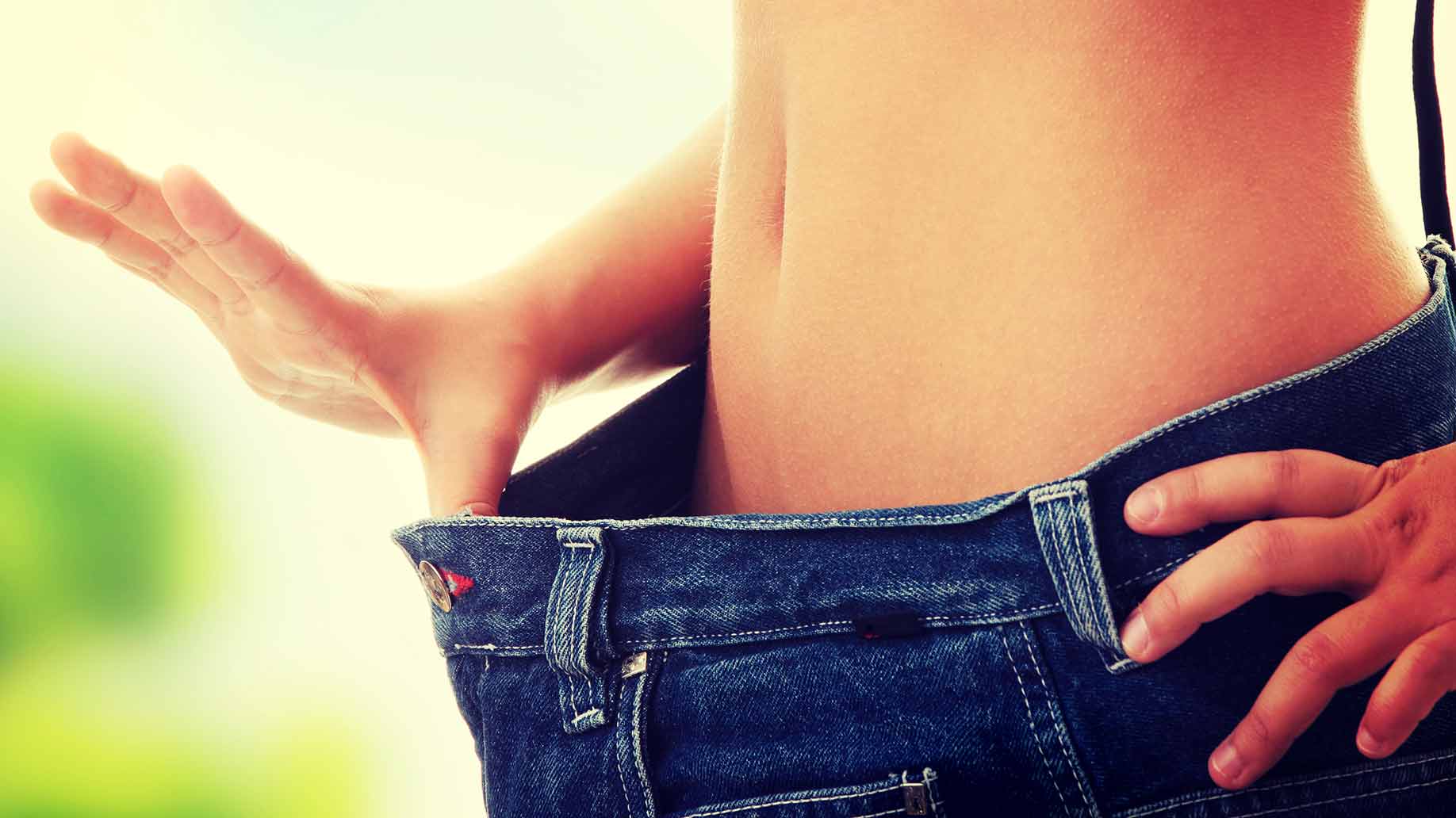
There have been many studies that have concluded to the fact that obese people have different bacteria in their GI tract. Microbes that obese people have in their guts are different from the bacteria that is found in lean people!
Certain bacterias can be advantageous and can help us lose that stubborn weight.
Studies have shown that certain probiotics can aid in weight loss and decrease belly fat. In 2013, one study showed that the probiotic Lactobacillus gasseri helped people lose 8.5 percent of their belly fat, over a 12-week period.
2. Digestive Health

Millions of Americans are affected by digestive disorders, such as diarrhea, constipation, ulcers, irritable bowel syndrome (IBS), gas, bloating, and other conditions.
Studies have shown that probiotics are great at relieving diarrhea that is commonly associated with antibiotic use.
Antibiotics kill a lot of the healthy bacteria that is in our system, causing stomach pains, infections, nausea, GI bleeds and ulcers, and acid reflux. It is important to take probiotics while you are on these medications.
Probiotics are also necessary for preventing constipation. Intestinal flora (good bacteria) is responsible for retaining moisture in the intestines and keeping stools nice and loose. When your poop lacks healthy bacteria, it turns into rock hard pebbles.
Probiotics is also a safe remedy for pregnant women and children who are constipated.
Check out 8 Best Natural Home Remedies for Constipation that Work Fast.
3. Cold, Cough & Flu

Your immune system is your first line of defense in fighting a cold, cough, or flu. When we do not have enough “good bacteria” in our system, pathogens take over and leave us susceptible to disease, cancers, and disorders.
Live beneficial microbes in the digestive tract make up a health gut. These good bacterias prevent invasions of pathogens that make us sick, such as candida and H. pylori.
They also improve digestion, prevent constipation, synthesize Vitamin K and Vitamin B, and keep a balanced blood pH level.
The more probiotics you have throughout your gastrointestinal (GI) tract, the stronger your immune system will be. Probiotics is also a proven and safe natural remedy for preventing upper respiratory infections in children.
Check out 20 Best Natural Home Remedies For the Cold, Cough & Flu.
4. Heartburn

Taking probiotics daily allows nutrients and foods to be digested properly. It also decreases the amount of harmful H. pylori (heartburn causing) bacteria that is lingering in our system.
Probiotics also help replenish the good bacteria that is lost due to medications you may be taking. If you tend to get an upset stomach or acid reflux from harsh medications, make sure to take probiotics along with your pills.
Probiotics balance the pH level of the flora found in our small intestine. This prevents bloating and gas build up that can cause food to regurgitate back into the stomach.
Probiotics not only works on the symptoms of acid reflux, but it also deals with the root cause of it.
It may take a few weeks to get your GI tract back in working order, so continue taking your probiotics consistently everyday for best results.
Check out 18 Best Natural Home Remedies for Heartburn & Acid Reflux Relief.
5. Skin Health

Our gut health is surprisingly closely linked to our skin appearance.
There is increased evidence that probiotics can be used to prevent and treat inflammation and other disorders of our skin.
Some examples of atopic dermatitis that can benefit from probiotic use are acne, rosacea, and eczema.
Check out 6 Best Homemade DIY Face Masks for Acne – Recipes on How to Make.
Potential Side Effects of Probiotics
If you are new to taking probiotics, start slow. Probiotics can initially cause bloating and discomfort. This is also a good sign that it is working.
The good bacteria starts eating away at the yeast build up that is left on the walls of your intestines. This can lead to gas and bloating for a few days.
For supplements, try taking only half the recommended dose, every other day, for a week. Then slowly work your way up to everyday, and then eventually, take the full dose.
Another possible side effect of probiotics is diarrhea, especially if you take too much too soon. Try lowering the dose and frequency if this problem arises. If this doesn’t work, consider switching to another brand of probiotics.
How to Pick the Best Probiotics

Different strains are responsible for different health benefits. Dr. Williams does a great job at explaining the different probiotic species and strains.
Consuming wide ranges of probiotics is important in reaping all the different benefits. The first go-to source of probiotics is naturally occurring foods. If you do not have easy access to these types of foods, quality supplements are a great substitution.
The first step in picking the best probiotic supplement is to learn how to read the label. Some important facts to keep in mind when buying supplements:
- Buy from a reputable brand that contain strains like bacillus coagulans, lactobacillus rhamnosus, lactobacillus acidophilus, saccharomyces boulardii, bacillus subtilis, or other longer-surviving probiotic. You want probiotics that will survive past your stomach.
- Make sure the colony forming units (CFUs) is a high number, such as 15-100 billion.
- Quality supplements should contain at least 10-30 different strains.
Yogurts that Contain Probiotics
A lot of yogurts are advertised as metabolism-boosting or probiotic-filled. Most often, yogurts are filled with high fructose corn syrup, sugar, and other harmful ingredients. Get familiar with yogurt labels.
Popular commercial yogurts go through a high-heat sterilization process during manufacturing, to create a longer shelf life. By the time they get to you, the “active” cultures or probiotics are usually already dead and are no longer favorable.
Test your yogurt or tablets to see if they contain live bacteria (probiotics):
Supplies: 1 container (plastic or kitchenware) and milk (does not matter if it is whole milk or 1% milk).
- Testing Yogurt. Place your yogurt and milk (1:2 ratio) into one container. Wait 8-10 hours, or overnight. The live bacteria should have caused your yogurt to multiply and grow.
- Testing Probiotic Pills. Place 1/2 cup of milk into a container. Split open 2-3 pills and pour the contents into the milk. Mix well. Wait 8-10 hours, or overnight. The bacteria in the pills should have caused the milk to form curdles or clumps.
Final Word
Probiotics have been around for centuries. Almost every single culture contains foods that are fermented. Recently, there has been a surge of new research that is being done on the health benefits of probiotics. It is widely accepted and is encouraged for people of all ages.
Probiotics may be able to help prevent and treat different illnesses. Make sure to consume lots of foods that naturally contain probiotics. Probiotics are perfectly safe and extremely beneficial — for you and your little ones.

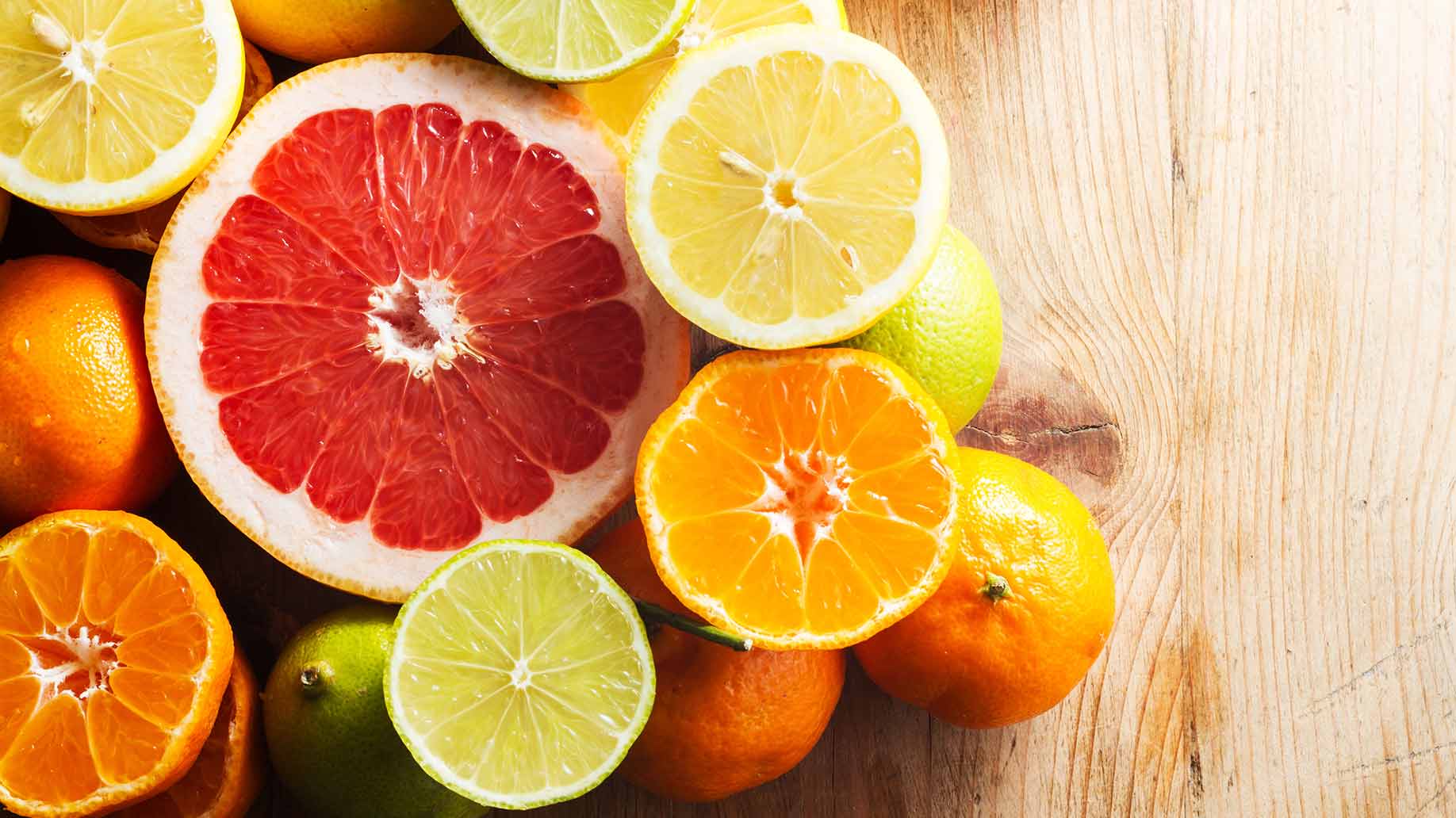
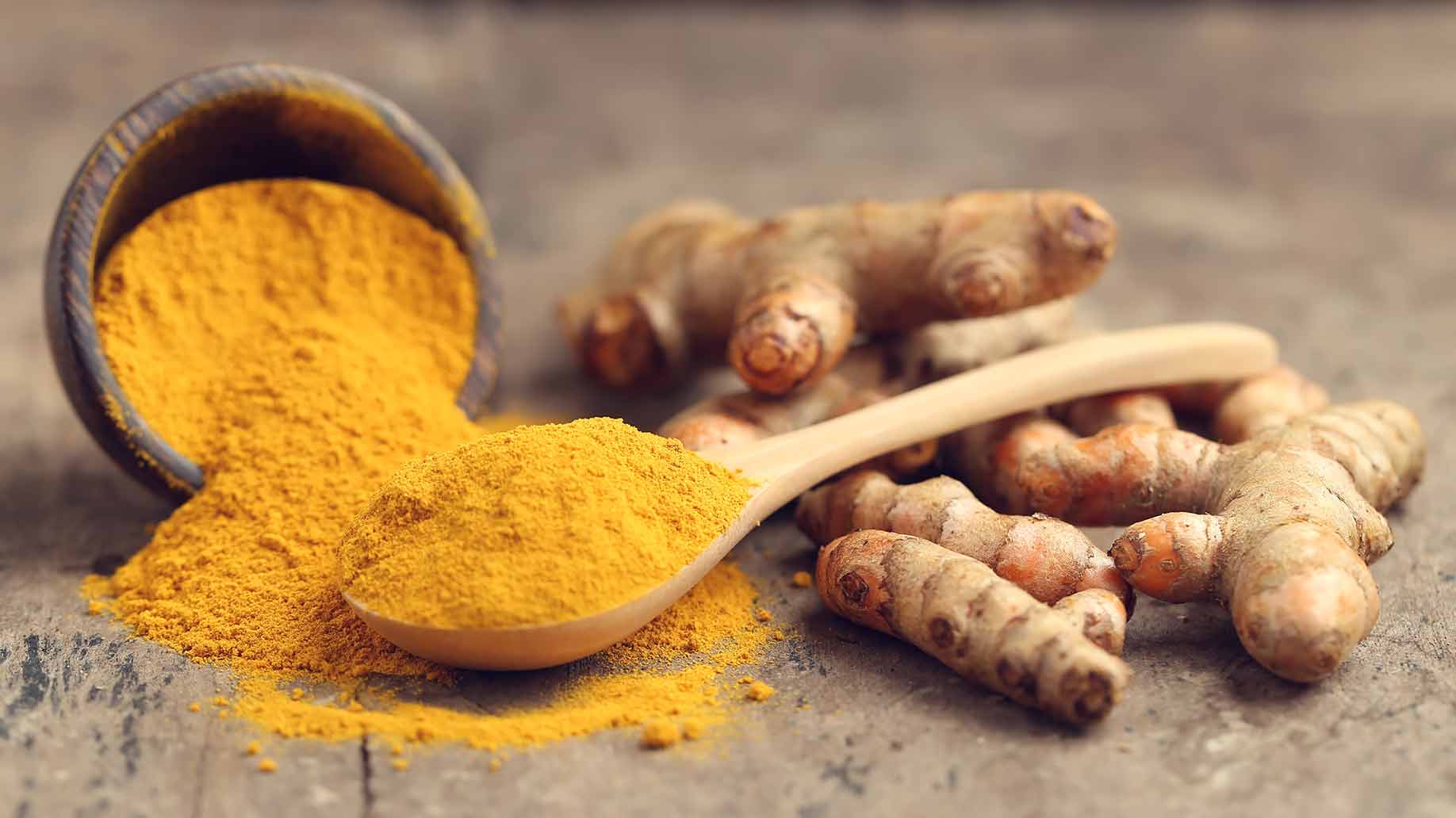


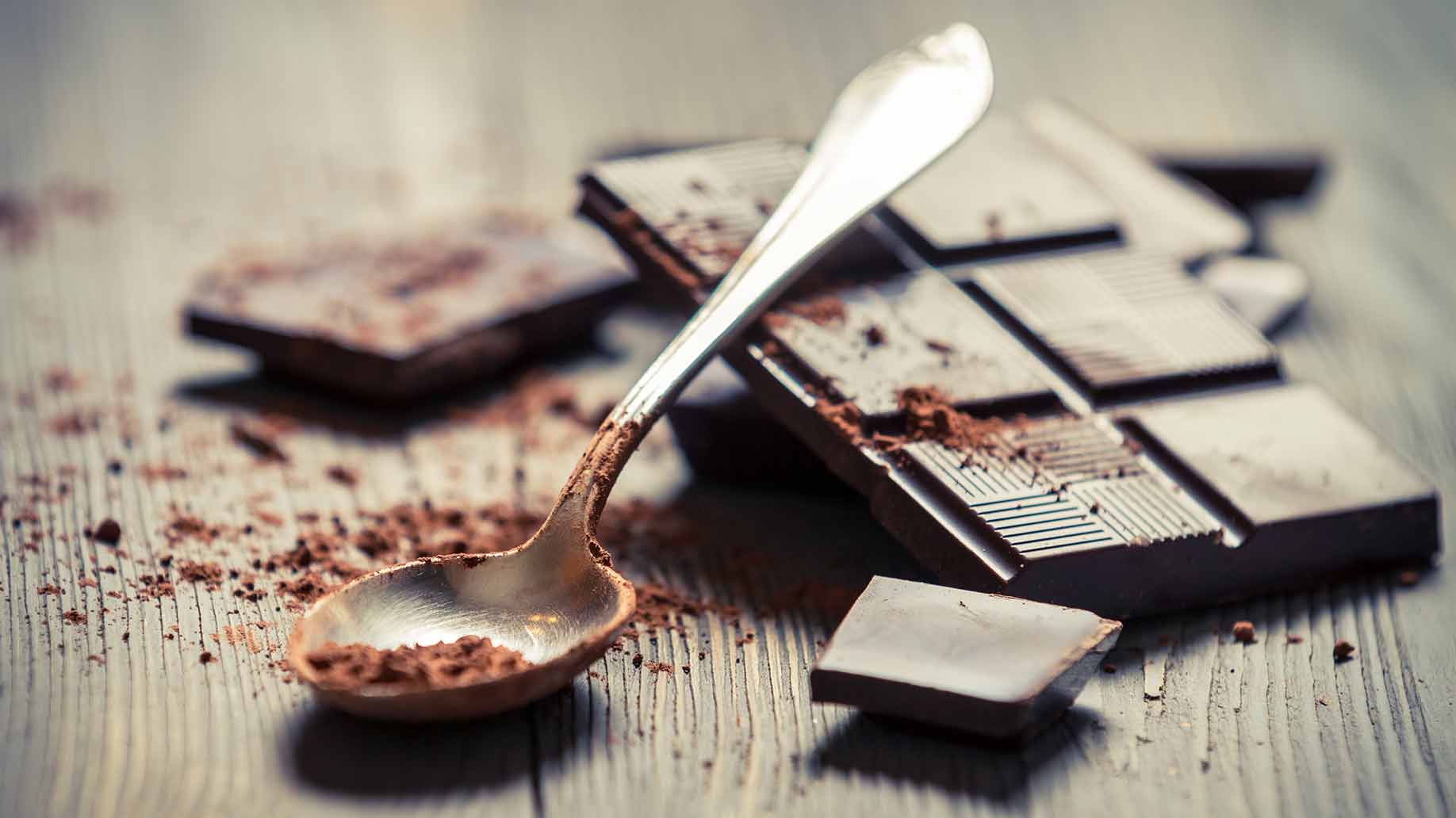
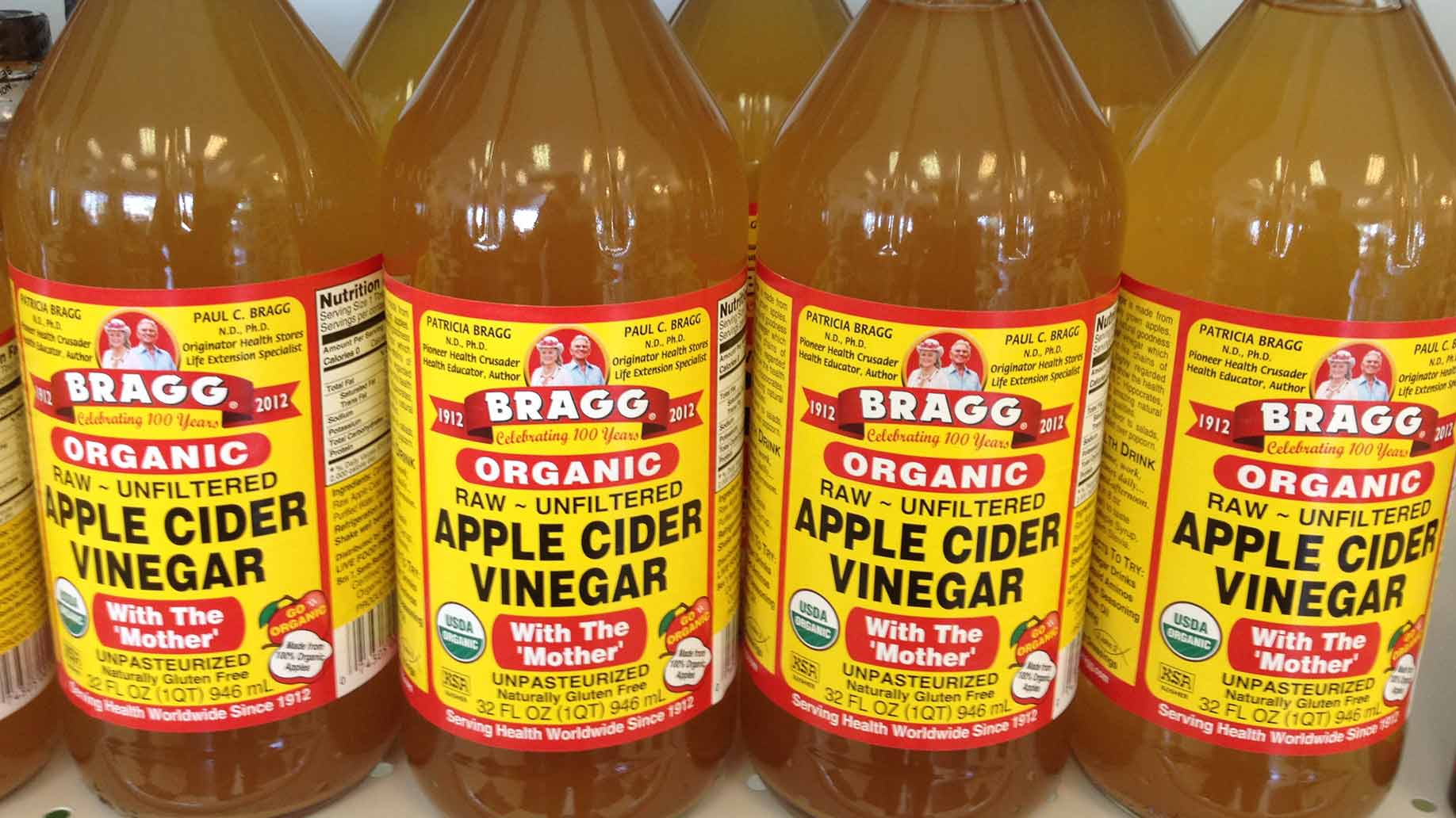

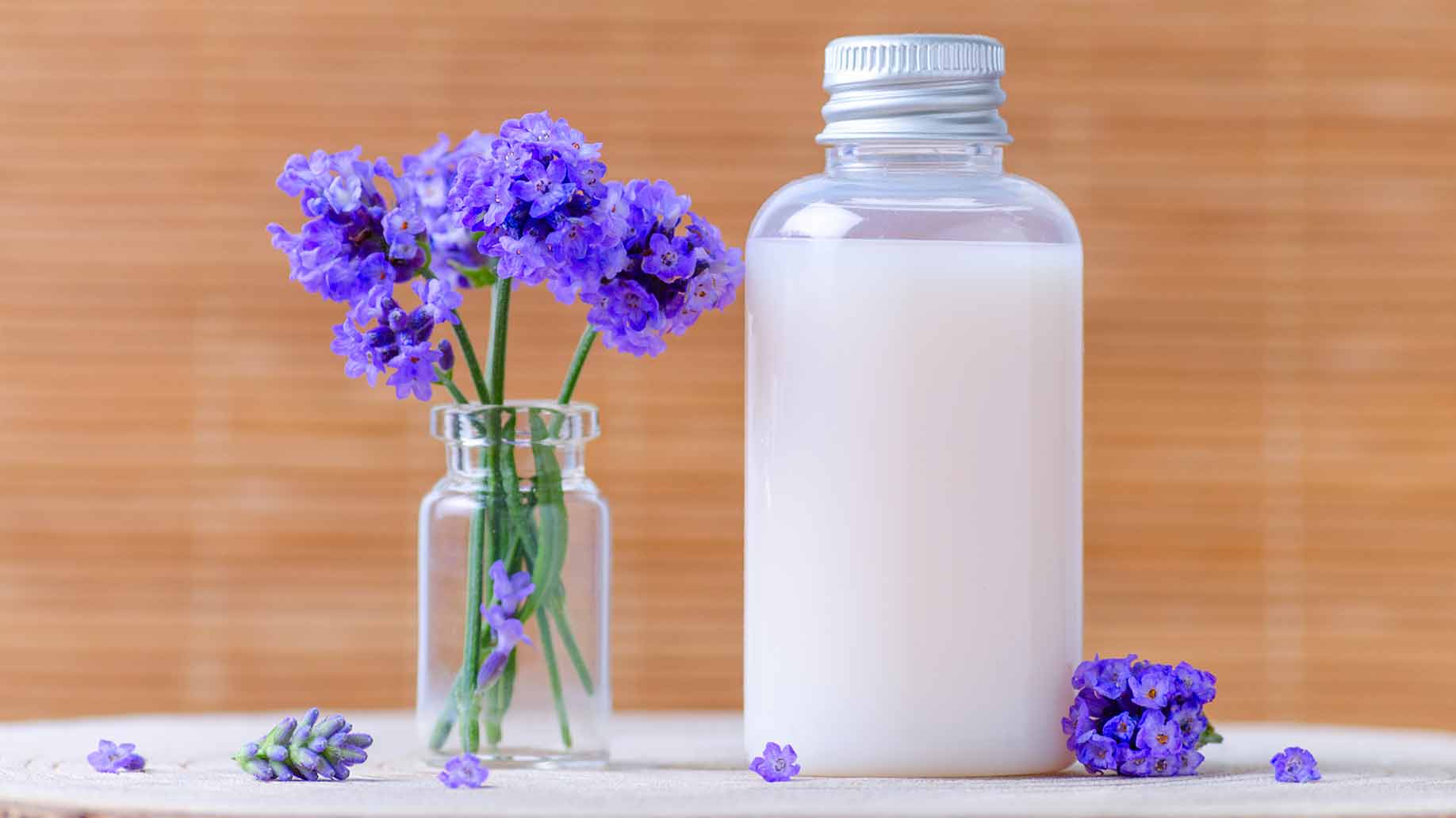

Thanks for sharing this useful health benefits post.